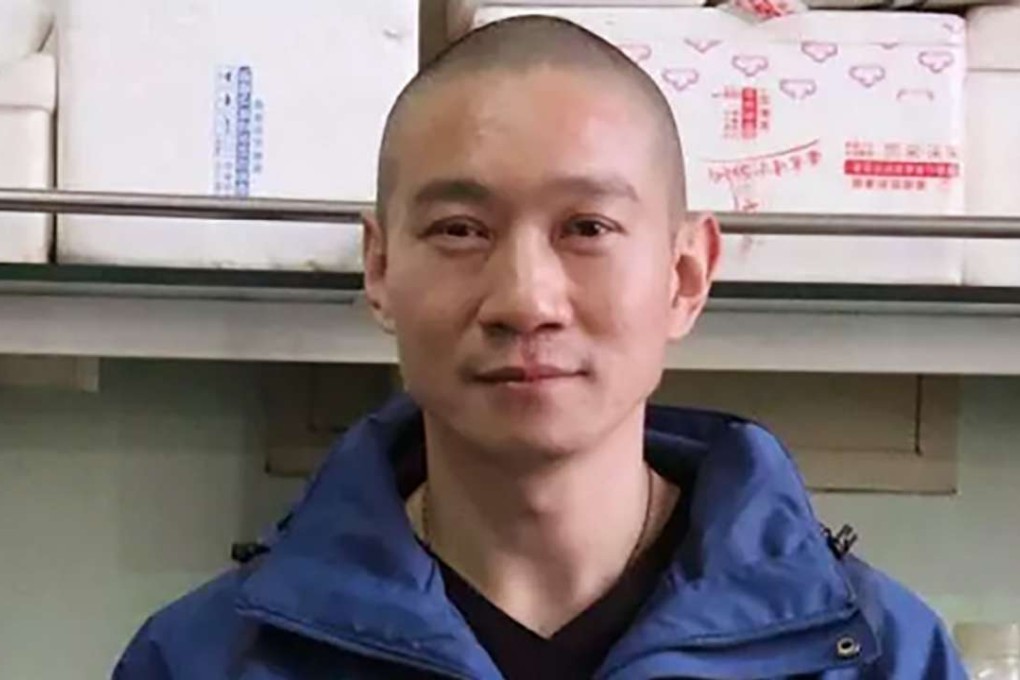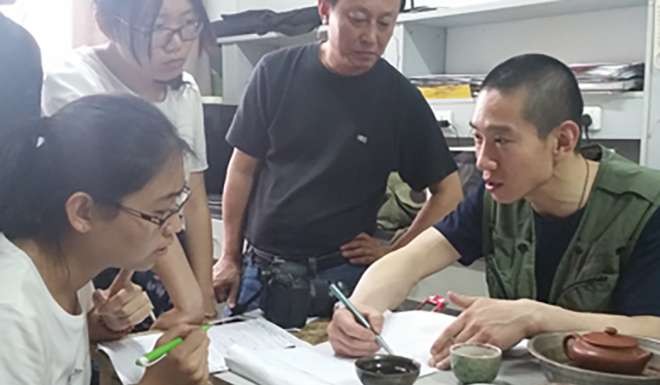Chinese biologist embroiled in gene-editing controversy has a month to save his reputation
Biotechnology journal gives Han Chunyu a deadline to respond to critics of his paper claiming a breakthrough in genetic editing

The biologist whose gene editing breakthrough claim has been challenged by researchers around the world has a month to save his reputation.
Nature Biotechnology, the journal that published Han Chunyu’s paper in May, has asked the scientist from the Hebei University of Science and Technology to formally respond to worldwide criticism against his research by January.
Han said in May that he and his colleagues had used a genetic mechanism in the bacteria NgAgo to edit and alter the genes of other species. Han’s team claimed in May that a protein in the bacteria could be used as “scissors” to edit the DNA sequence of animals, including humans. It was said to be better than Crispr/Cas9, the most popular genome editing tool in use today.

The problem? To date, no laboratory has been able to repeat the experiment.
“Nature Biotechnology believes that it is important for authors to be able to investigate the concerns raised by the correspondence and to provide additional information and evidence to support their paper if they are able to do so. Thus, we will continue to liaise with the authors of the original paper to provide them with the opportunity to do that by January 2017. An update will be provided to the community at that time.”